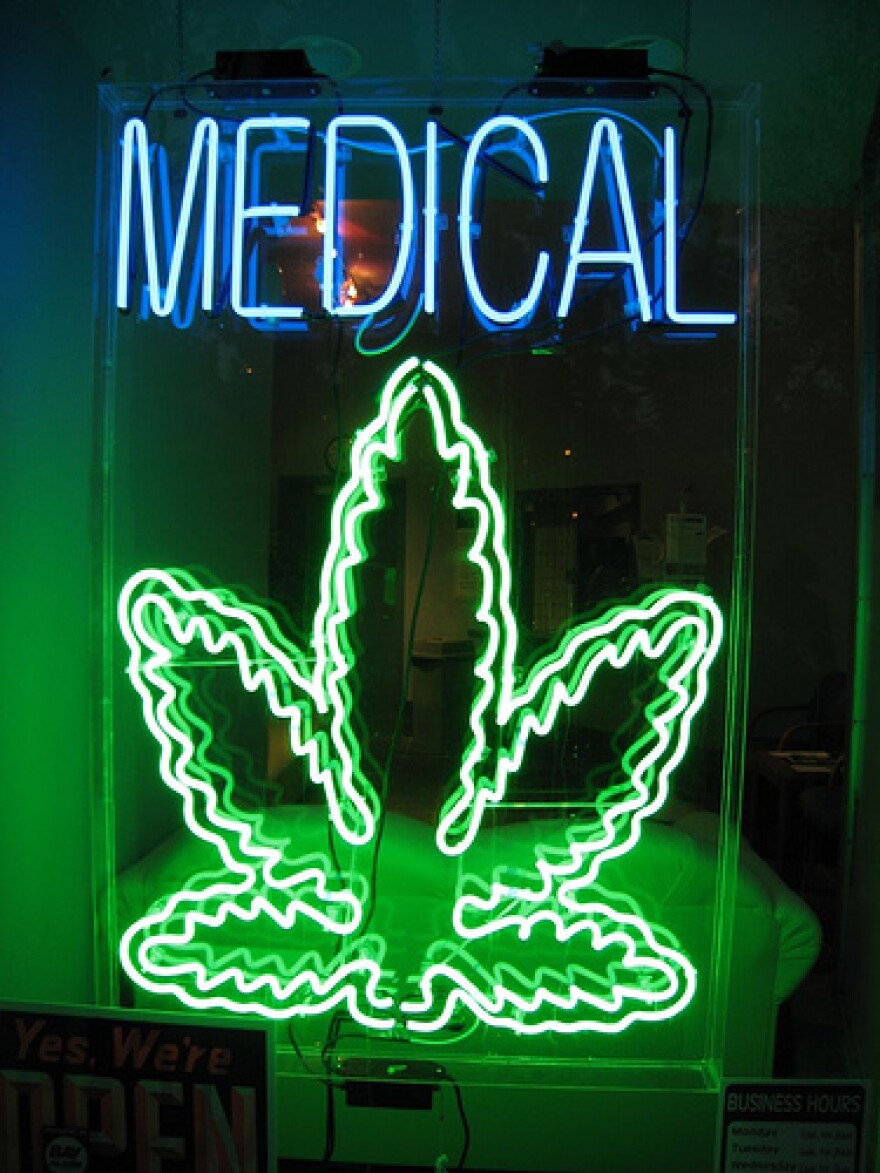A University of Michigan study found treating chronic pain patients with medical marijuana reduces use of opioid pain medication.
Researchers surveyed medical marijuana card holders in Ann Arbor about how their medication habits changed once they started using cannabis. They found cannabis use is associated with a 64% reduction in opioid use for chronic pain patients.
Kevin Boehnke, a doctoral student at the university's School of Public Health and lead author of the study, said while he had seen research showing cannabis could be helpful for pain patients, he didn't expect to see the large drop in opioid use by the subjects.
"To have people report such a huge decrease in their opiate use was definitely a surprise," he said.
Boehnke said this research doesn't yet indicate that cannabis can replace opioid meds for chronic pain patients. It's more likely to be effective on an individual basis, being less helpful for some while serving as a useful supplement to other pain medications for others.
"Just because some people found that it was useful enough for them that they could completely cut out their opiate use that doesn't mean that would be the case for everybody," he said.
The study also found patients reported fewer side-effects from their pain meds while using medical marijuana, as well as a 45% increase in quality of life.
The study acknowledged the issues with opioid pain medications, which are connected to an estimated 17,000 overdose deaths annually. Additionally, the study said opioids are not effective for some chronic pain conditions.
Boehnke explained that damage from opioids isn't restricted to those abusing the drug. As a patient develops a tolerance to their medication, their dosage might increase to a point that is damaging to their organs. Alternatively, on a particularly bad pain day, a patient may take one or two extra pills and accidentally overdose.
"We are learning that the higher the dose of opioids people are taking, the higher the risk of death from overdose," wrote Daniel Clauw in a press release -- he was the other author on the study and a professor of pain management anesthesiology Michigan's Medical School. "This magnitude of reduction in our study is significant enough to affect an individual's risk of accidental death from overdose."


